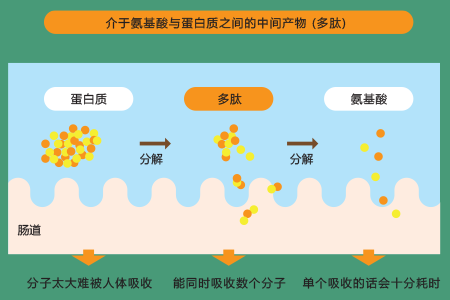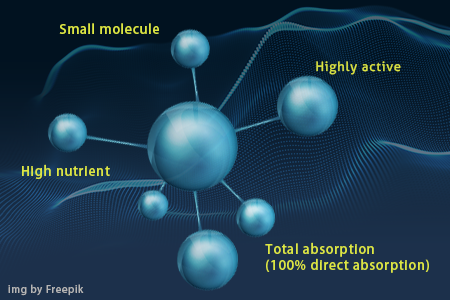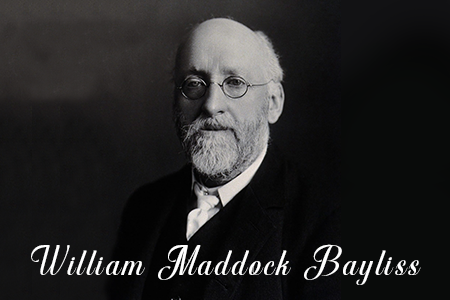The human body is made up of cells, which are composed of five major substances: water, protein, fat, carbohydrate and minerals. Therefore, apart from water, protein is the most important substance in the human body. The small molecule active peptide is a kind of biochemical substance between amino acid and protein. It has a smaller molecular weight than protein and a larger molecular weight than an amino acid. It is a fragment of protein.
Two or more amino acids are connected by peptide bonds, and the "amino acid chain" or "amino acid string" formed is called a peptide. Besides this, A peptide composed of more than 10-15 amino acids is called a polypeptide, and a peptide composed of 2 to 9 amino acids is called a small molecule peptide or small peptide.
Peptides are the basic material that constitutes all cells of the human body, all human muscle tissues and connective tissues, promote the body's biochemical reflect acid, regulating physiological hormone, carriers for transporting oxygen or other ions, antibodies against germs are all peptides. So, our whole body is full of peptides, in addition, the renewal, metabolism, growth and repair of cells are inseparable from peptides. Peptides are a form of life, without peptides, cells are inactive; Without peptides, there is no vitality of the organ Without peptides, life would not be possible to survive.






